Help
Community21 has selected some case study communities and projects to share across the network to inspire and inform others. Should we be featuring yours? If so get in touch.
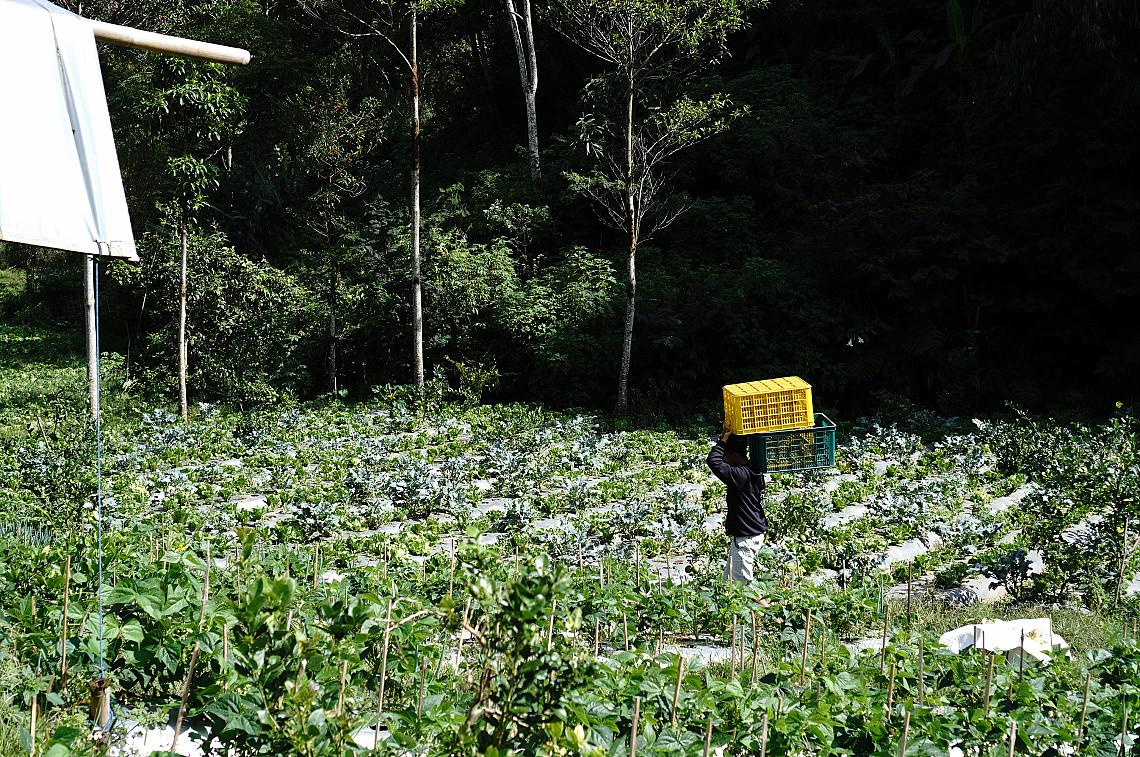
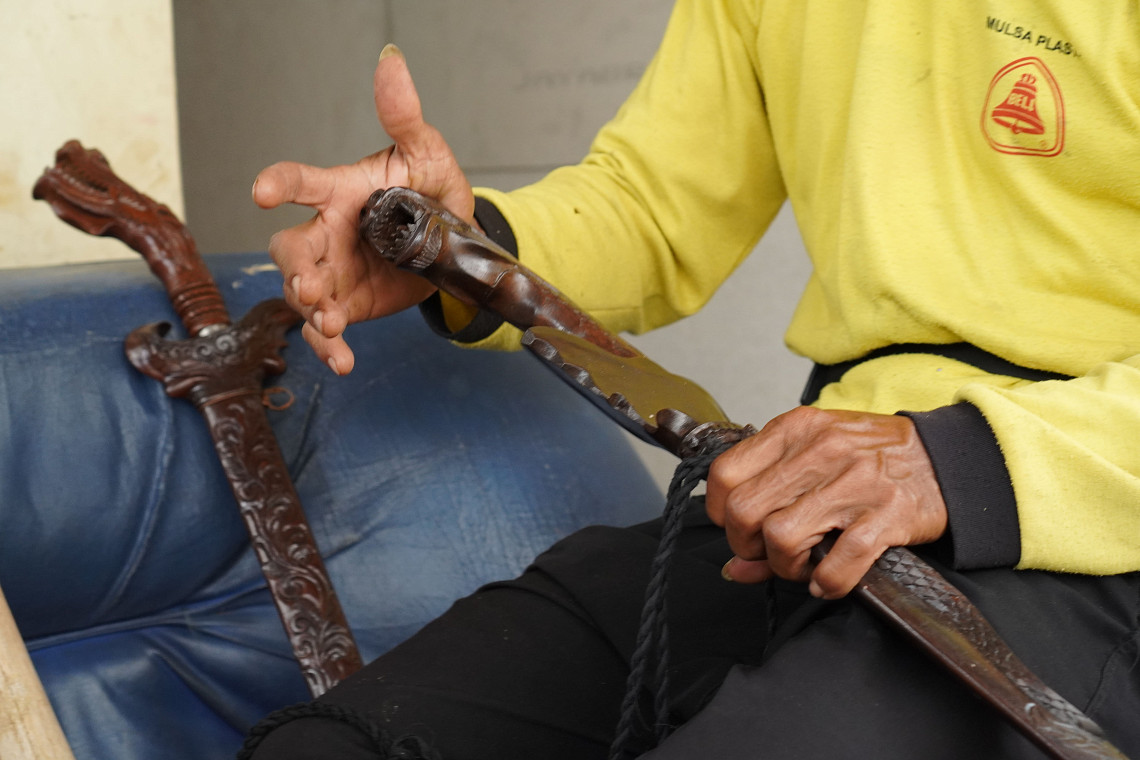
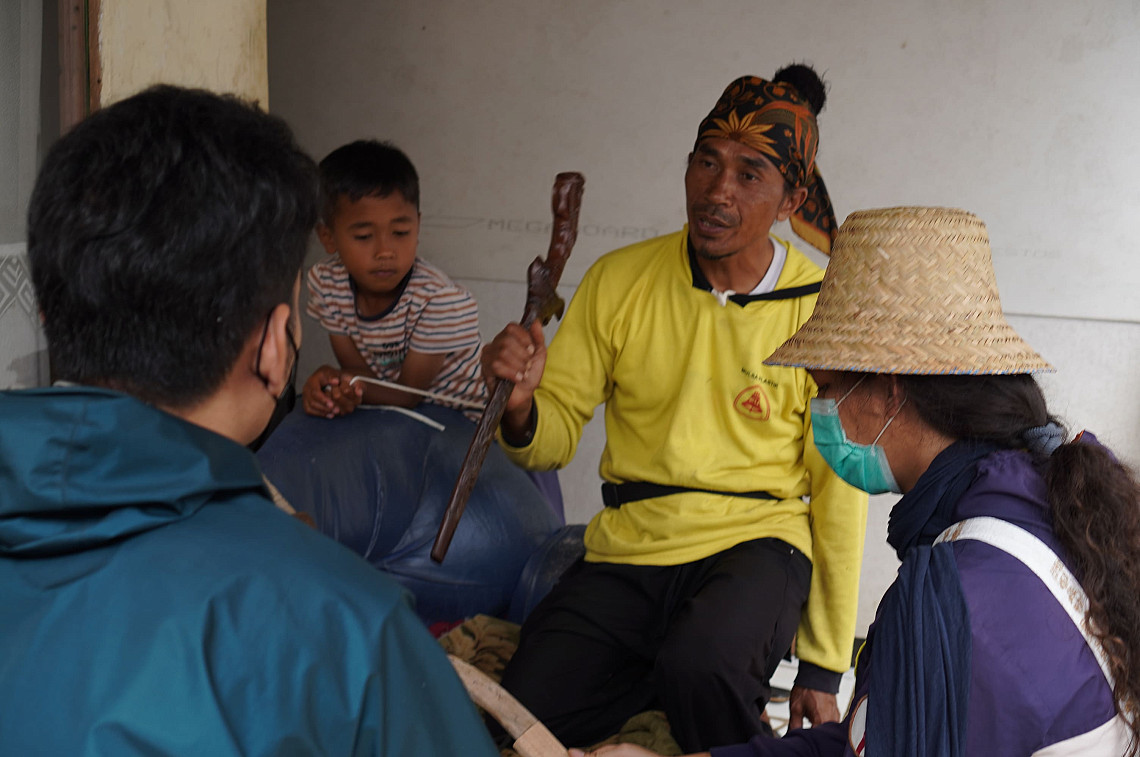
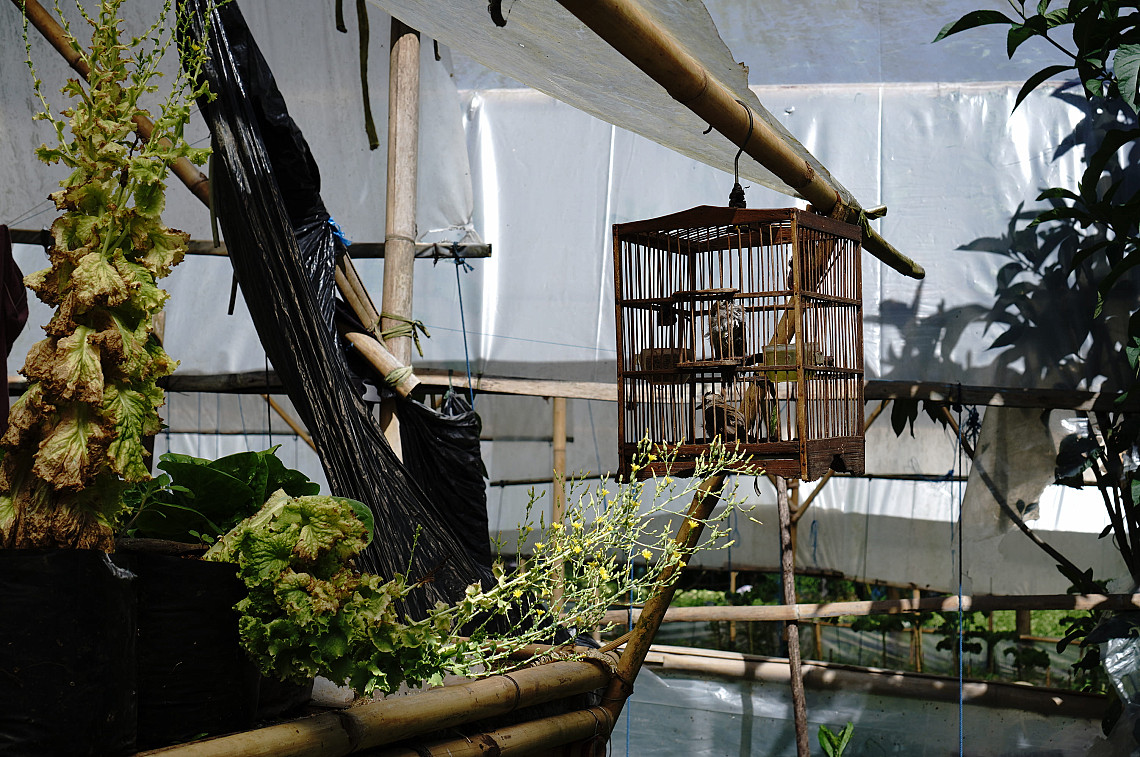
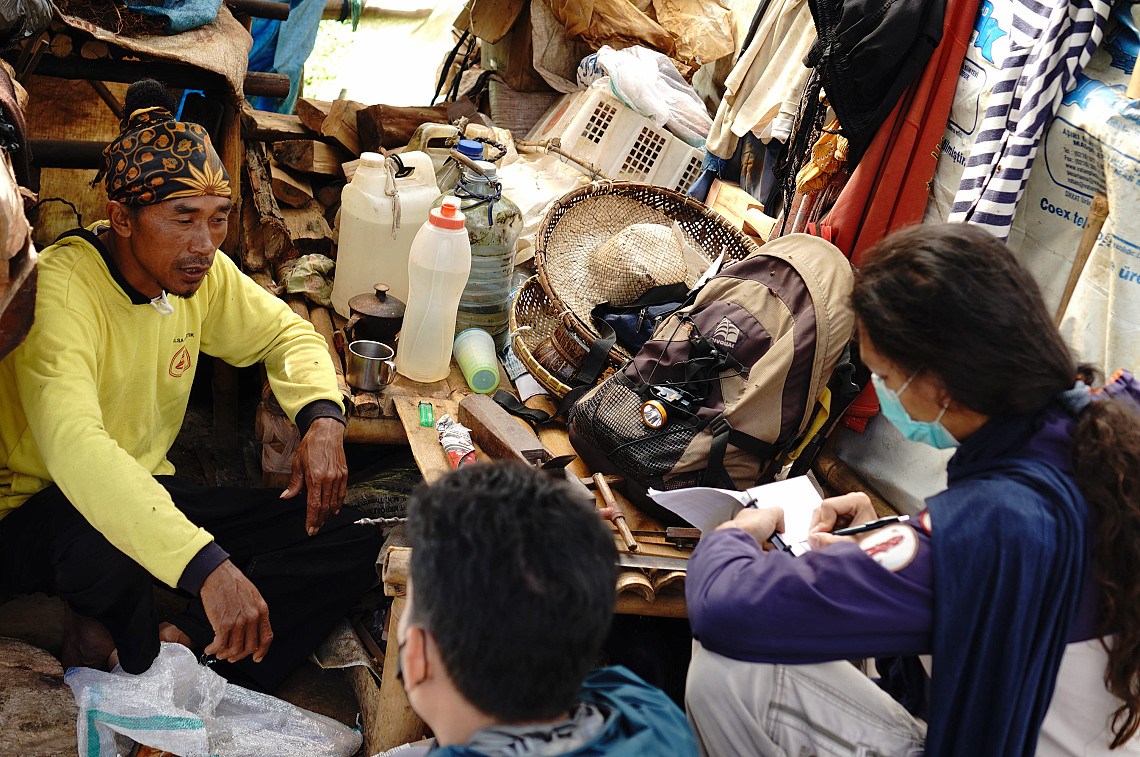
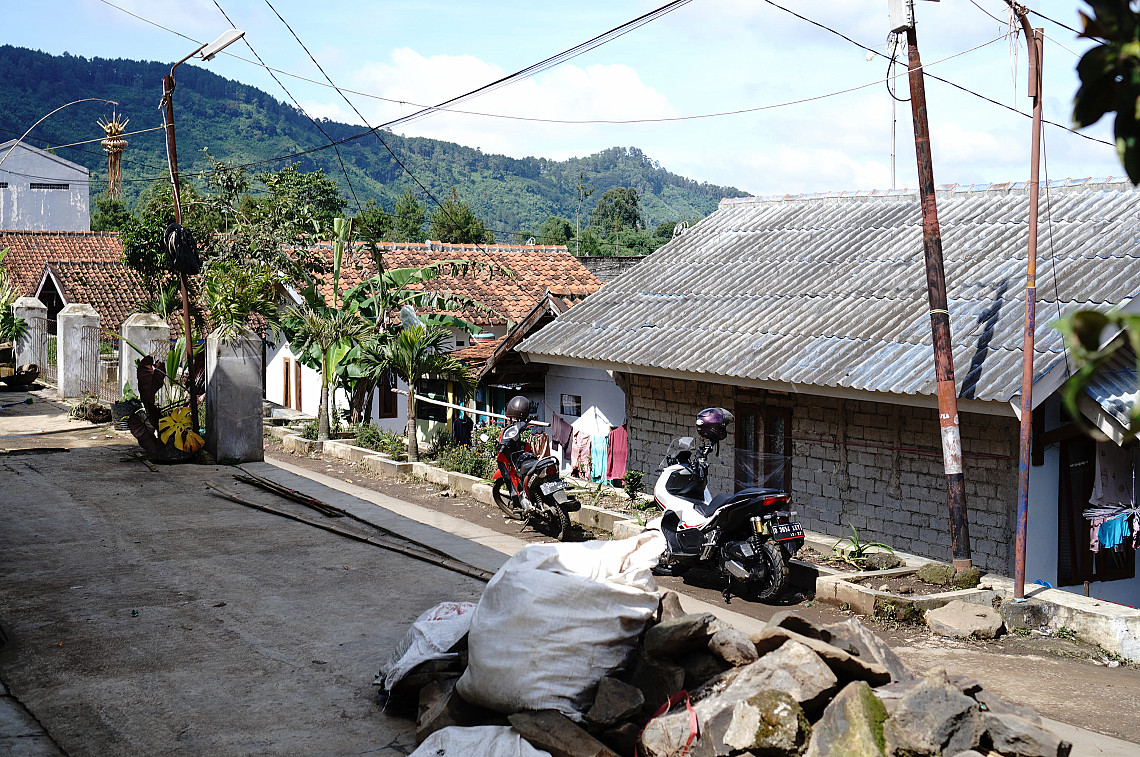
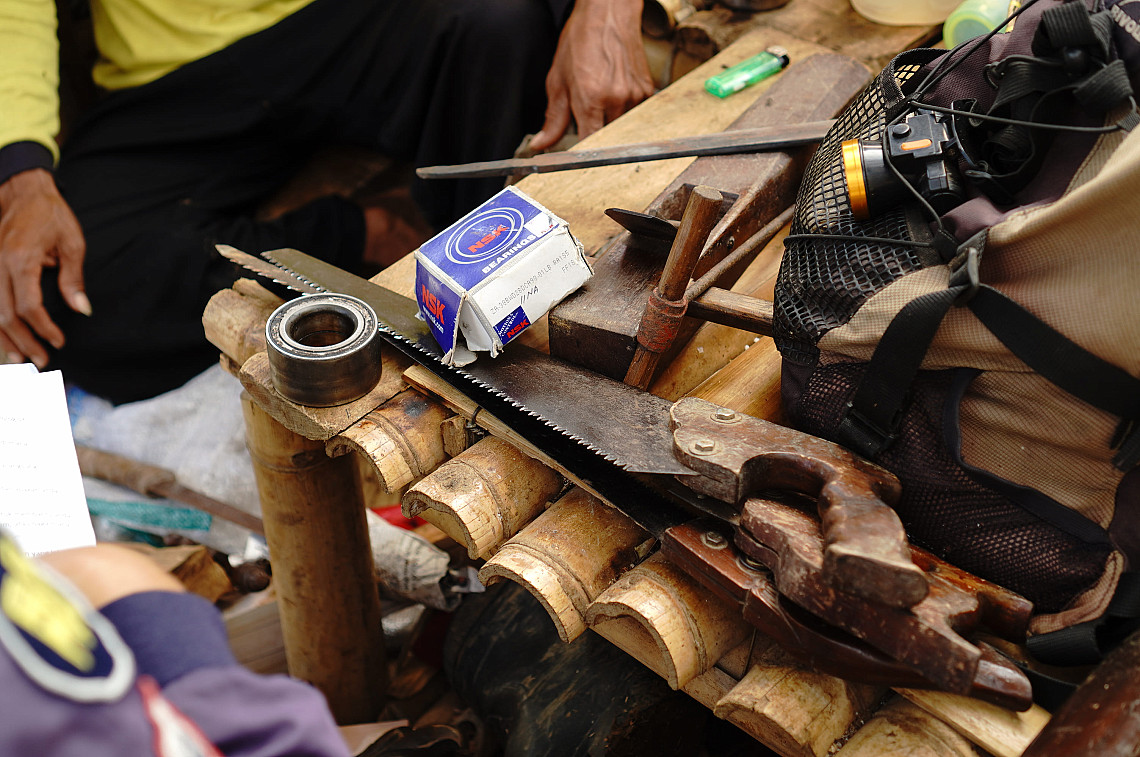
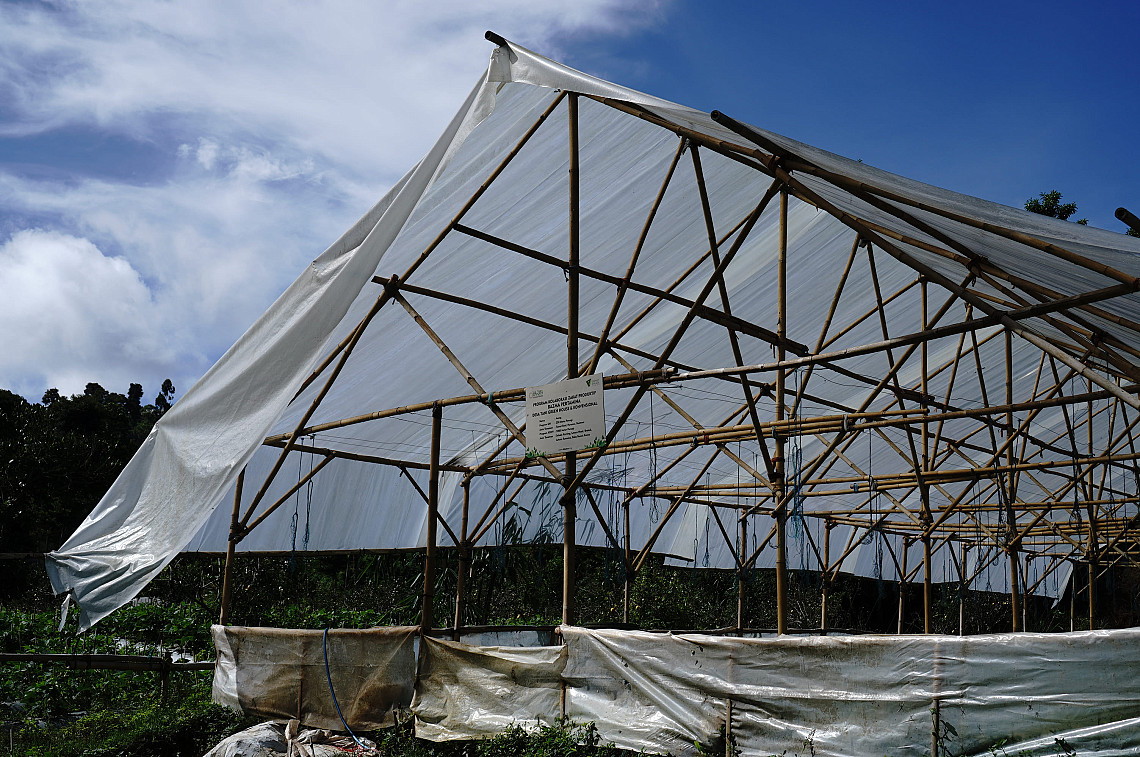
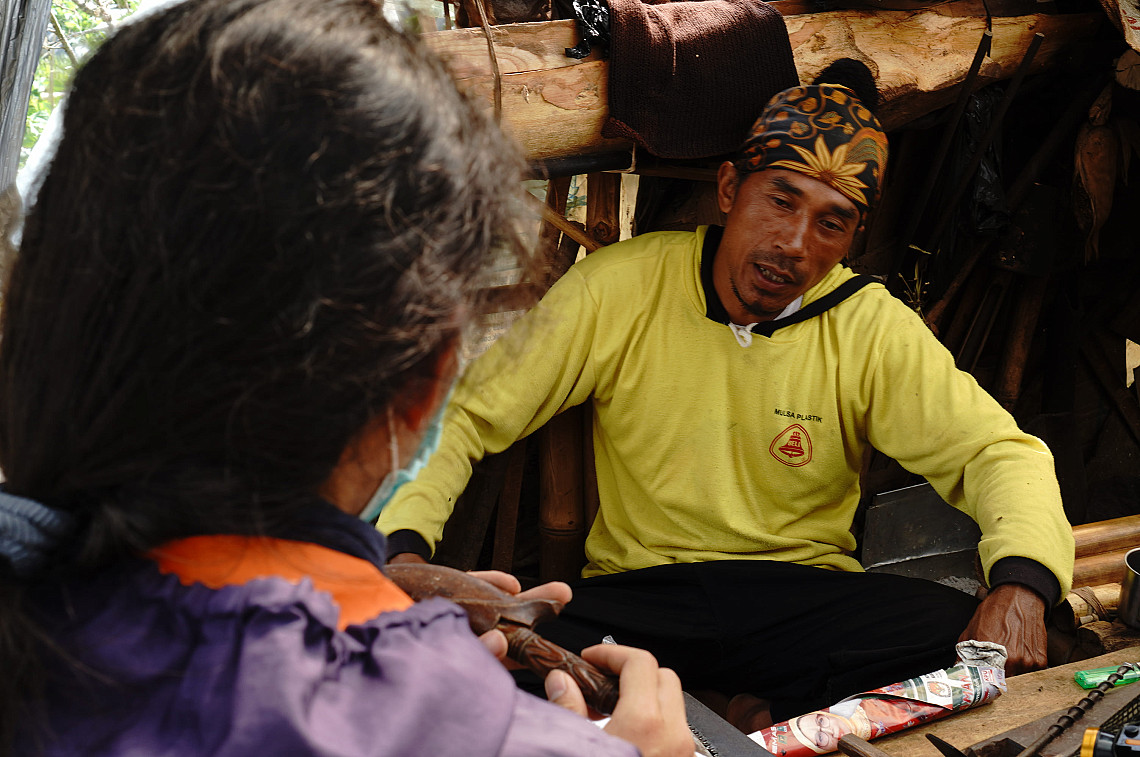
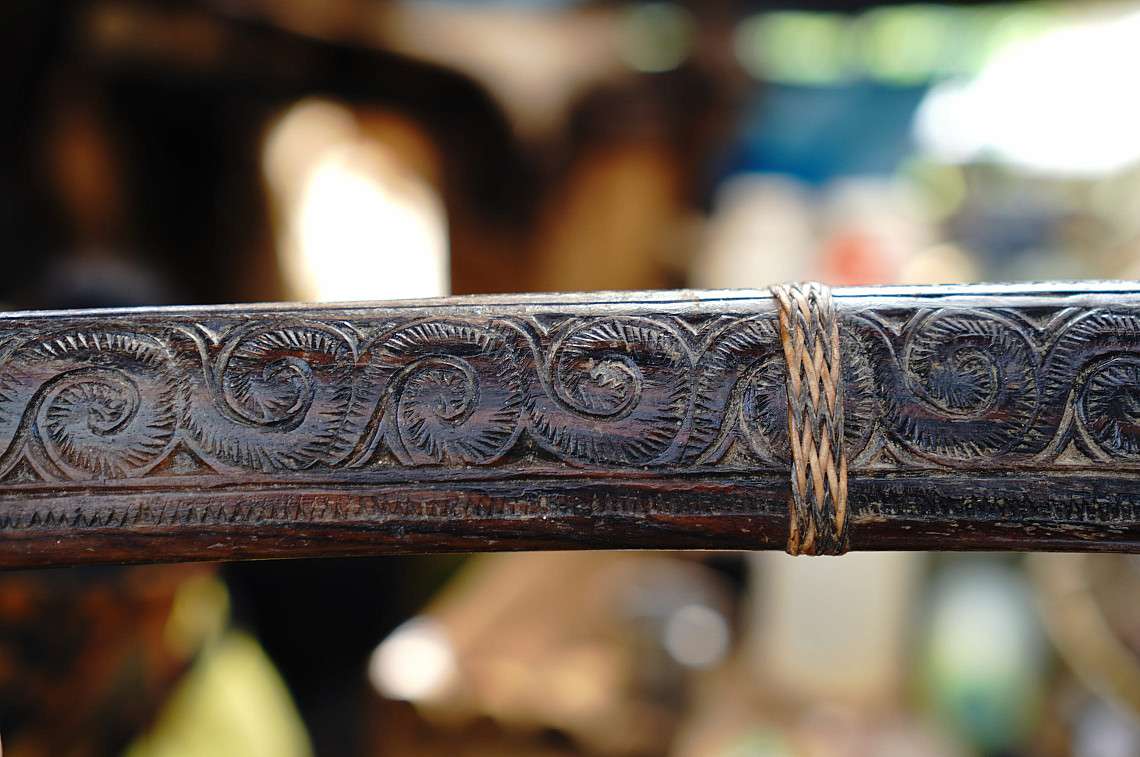
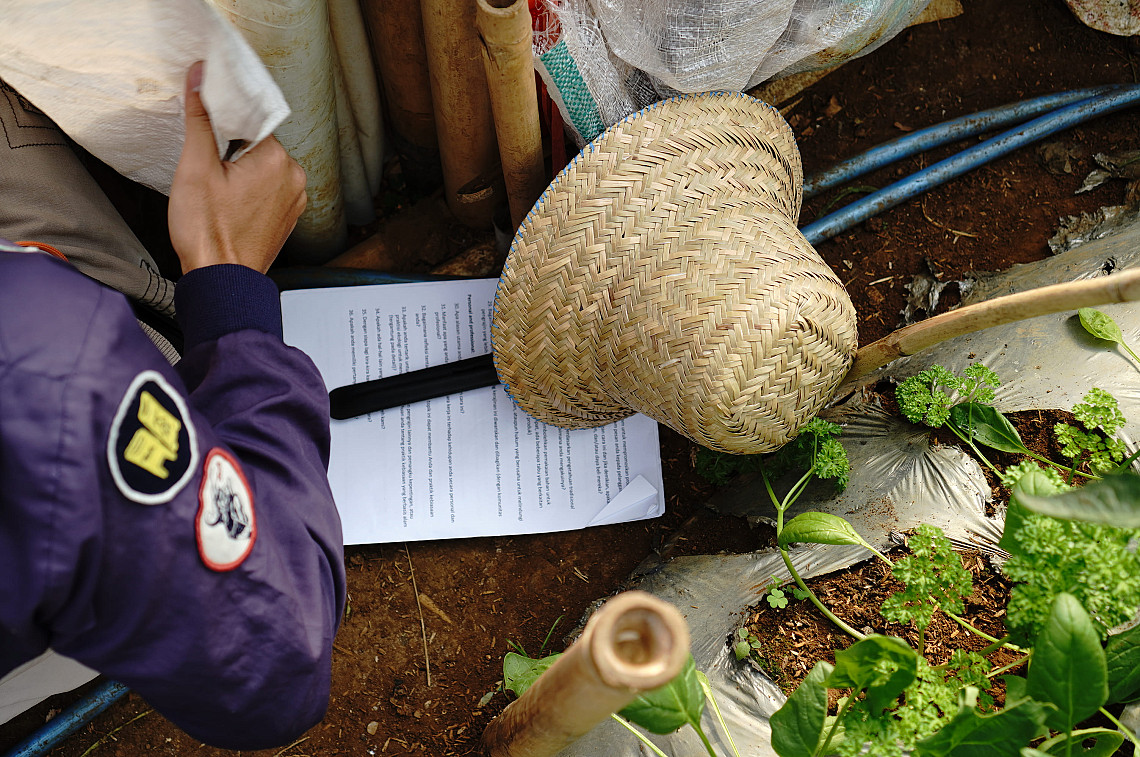
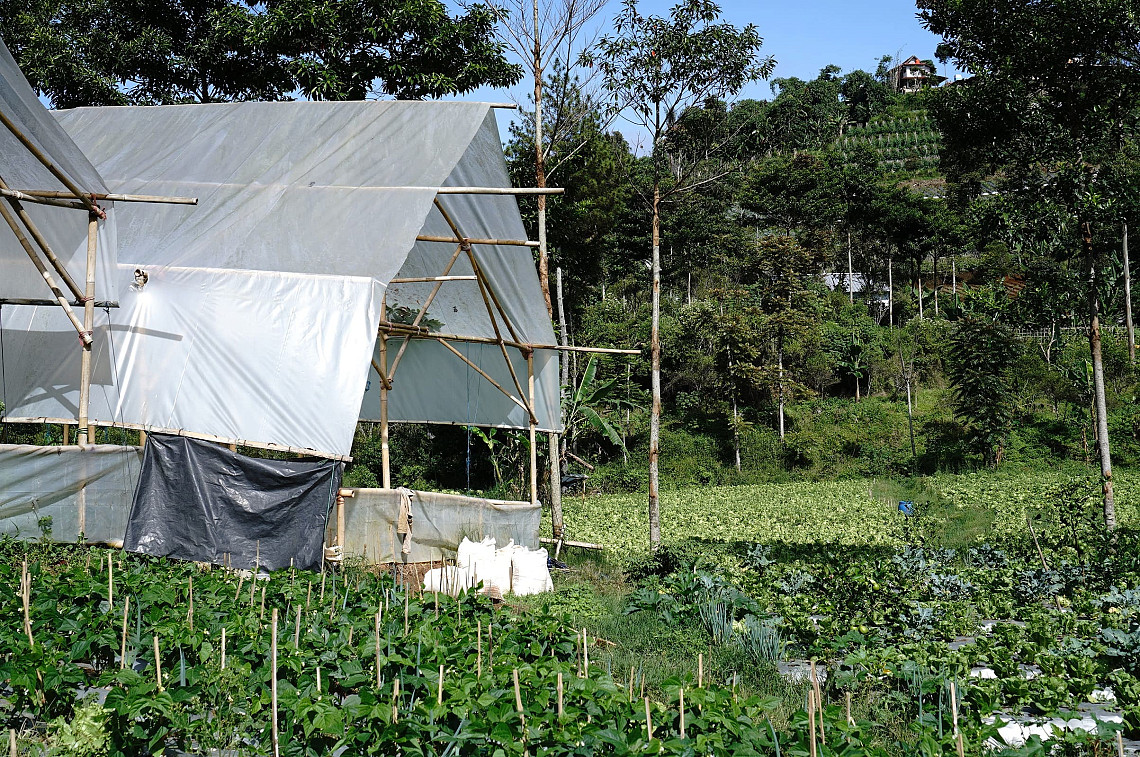
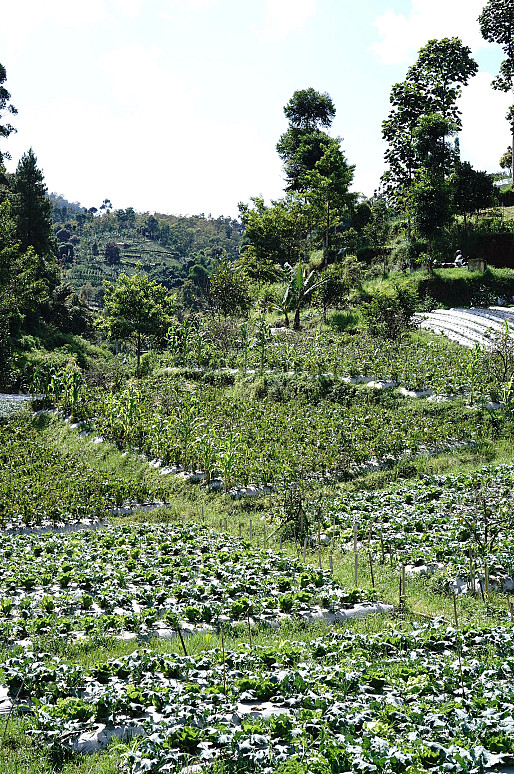
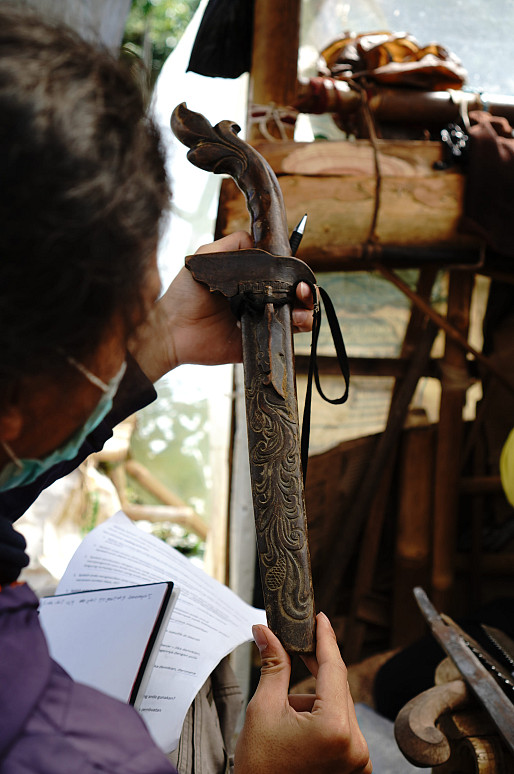
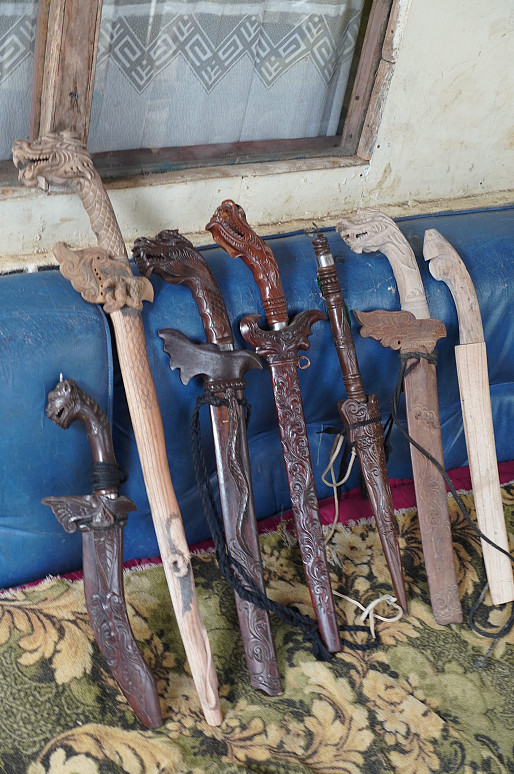
Name: Agus
Location: Suntenjaya
Specialist materials: Iron, Bamboo
Products: Carved Machete
Pak Agus is an artist and craftsman for carved products in Kampung Gandok, Suntenjaya. Since he was young, Pak Agus has had the motivation and drive to work related to his interest in processing or producing materials found around him, such as bamboo and guava tree wood. One day, Pak Agus' parents scolded him for using the wrong techniques and tools to cut bamboo. It remained imprinted on his memory and became one of the triggers that led Pak Agus to pursue this field.
Having limited tools is not a significant obstacle to keep doing things creatively and productively. Pak Agus produces carved knives or machetes with various organic patterns inspired by his daily activities and primary profession as a farmer. Pak Agus usually became very invested during the carving process and would forget place and time as his hands moved by themselves to carve whatever in his imagination.
Pak Agus admits that he needs sufficient materials from nearby materials in production, which are generally waste, one of which is guava wood from the neighbors. His dependence on guava wood also encouraged Pak Agus to plant guava trees. He has planted ten trees on his land, which have already matured. "I have ten guava trees in my land that are already huge," he said. This guava wood is used for 'perah' or machete handles because of its robust fiber character. It is strong that he can no longer use an axe or a 'bedog', only a saw to split the tangled fibers. The 'warangka' or scabbard of the 'bedog' is made using the waste wood from the remaining of an old building, while the iron material of the machete is made from old springs and ball bearings from nearby automotive workshops. Sometimes, Pak Agus also uses iron materials obtained from outsiders who deliberately bring the materials to be processed.
The use of waste materials and materials from the surrounding environment was carried out consciously and intentionally by Pak Agus. Apart from fostering creativity and innovation in the production of everyday objects, this activity also helps to reduce surrounding organic (wood) and inorganic (iron) waste.